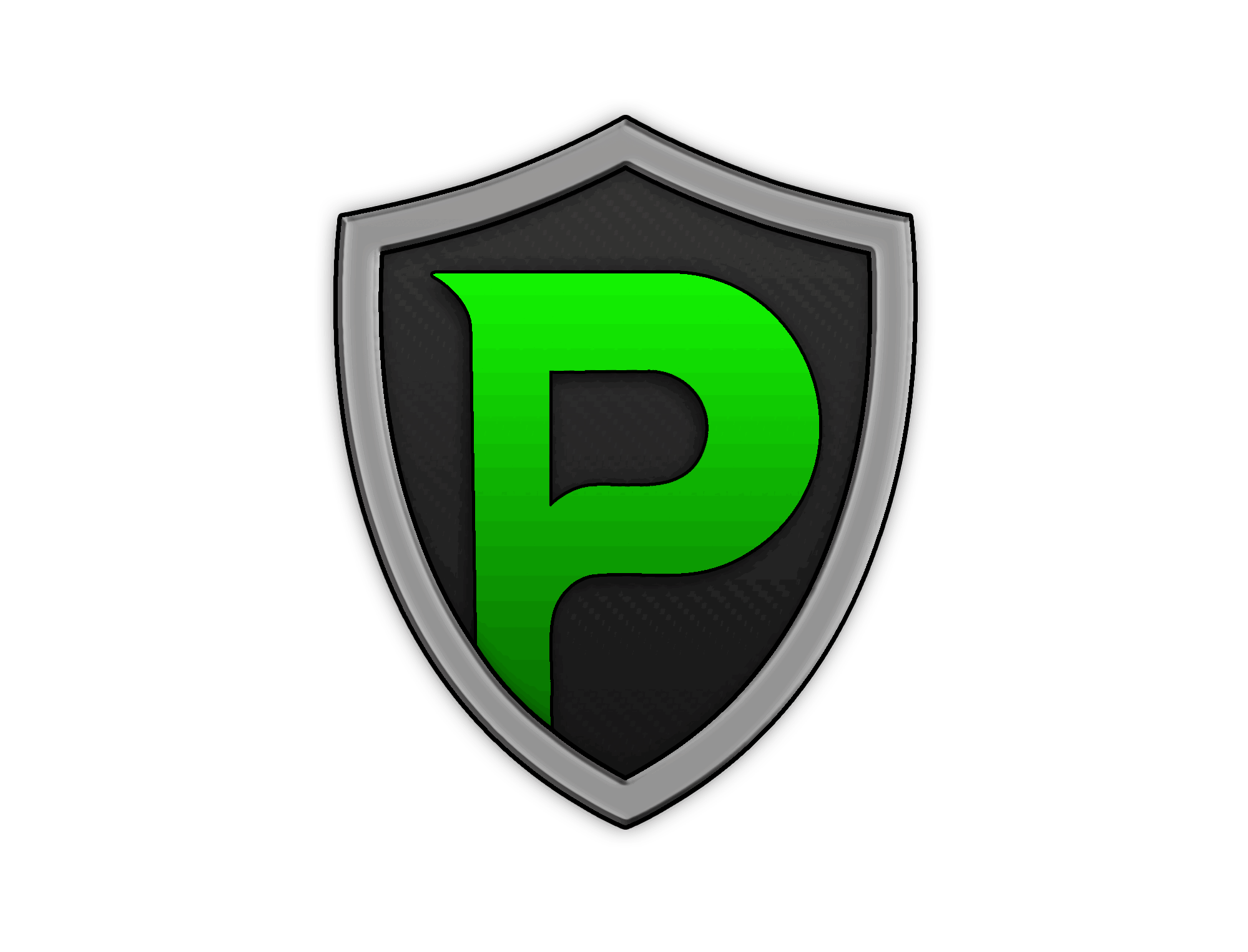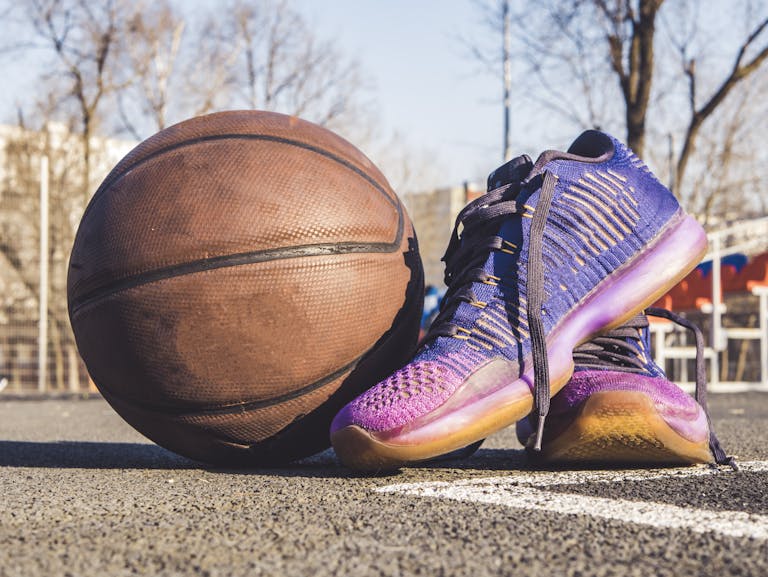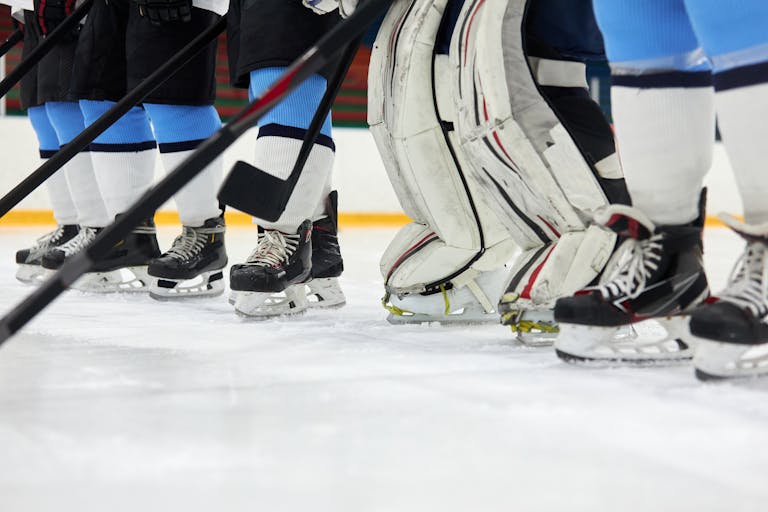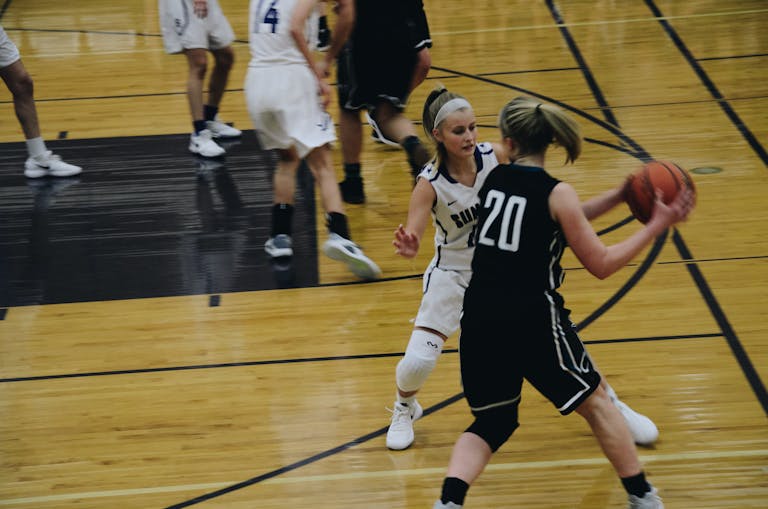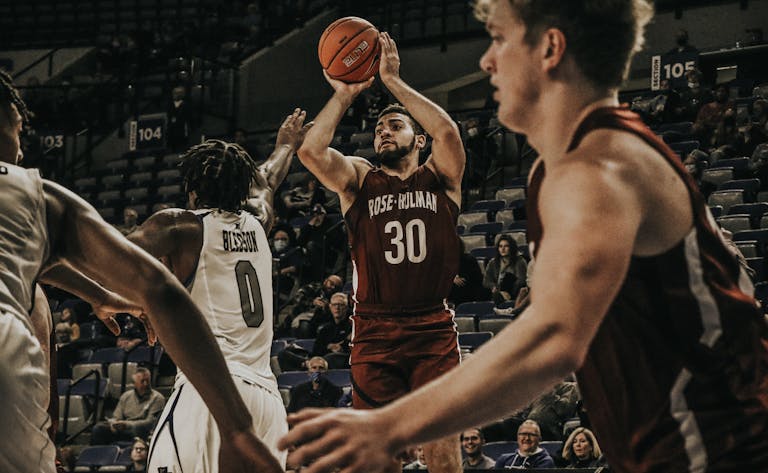NIL in Men’s College Baseball: Play Like a Pro, Negotiate Like a Veteran

NIL in Men’s College Baseball: Play Like a Pro, Negotiate Like a Veteran
If you think NIL is just about the Power 5 football or basketball stars, think again. In the past two years, I’ve seen mid-major baseball players turn solid social followings and smart deal-making into more spending money—and sometimes even long-term business relationships—than teammates headed to the minors. The secret? Treating NIL like the business it is, from your freshman year.
1. Know Your Market—And Play to It
Unlike basketball, baseball’s NIL landscape is hyper-local and relationship-driven.
- Pitch yourself to local businesses: Car dealerships, sporting goods stores, and restaurants sponsor baseball players because families and local fans actually show up to games.
- Create “game day” partnerships: Offer to do live meet-and-greets or sponsor the seventh-inning stretch at a local Little League event.
- Don’t ignore smaller, family-run brands—they often pay better per deal and are easier to negotiate with than big national sponsors.
Pro tip: Have a one-page “baseball bio” (with stats, GPA, social handles, and a quick pitch) ready to email or DM. Most deals come from your initiative, not waiting around.
2. Make Your Parents Part of the Negotiation (the Right Way)
Baseball families can be your best advocates—or your biggest liability.
- Assign one parent to be your NIL “manager,” especially for underclassmen. Too many voices (dad, uncle, coach, agent) can kill a deal before it starts.
- Parents: Be present for the first few calls, but let your athlete speak up. Brands want to know they’re working with the player, not just the family.
3. Don’t Sign Away Summer Ball or Pro Options
Some NIL contracts sneak in “first right of refusal” or even “local exclusivity” clauses that can mess up your ability to play summer ball, get drafted, or take last-minute pro opportunities.
- Every NIL contract should be reviewed by a sports-savvy attorney—never just an agent or booster.
- Make sure you’re not tying up your name, image, or endorsement rights past the end of the college season.
4. Turn Small Deals Into Resume Builders
A $500 equipment promo or $250 appearance can be worth way more than cash if you use it to build relationships.
- Get written testimonials from brands for your future resume or LinkedIn profile.
- Ask every sponsor for a LinkedIn recommendation or a short video endorsement—you’ll use these when chasing bigger deals or jobs after college.
- Document every deal (dates, terms, payment)—it’ll make tax time easier, and shows future agents or employers you’re organized.
5. The Dugout Rule: Watch for “Locker Room Lawyers”
Baseball’s a team sport, but NIL money can create jealousy, gossip, and even locker room rifts.
- Don’t talk specifics about your deals in the locker room. Stay humble, let your performance do the talking, and be the teammate everyone trusts.
- If you need advice, go outside the team: family, advisors, coaches—not the group chat.
6. Build for Life After Baseball
The real pros use college NIL to make connections and develop life skills.
- Use your platform to meet local business owners, try job shadowing, or learn the basics of running a business.
- Connect with alumni who played before you—they’re often happy to give career advice or open doors.
Treat NIL like your first job, not just a “side hustle.” The athletes who do this leave college with money in the bank, a stack of connections, and a reputation that follows them—for all the right reasons.
